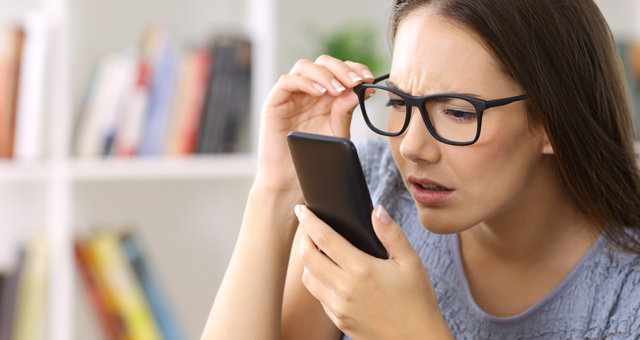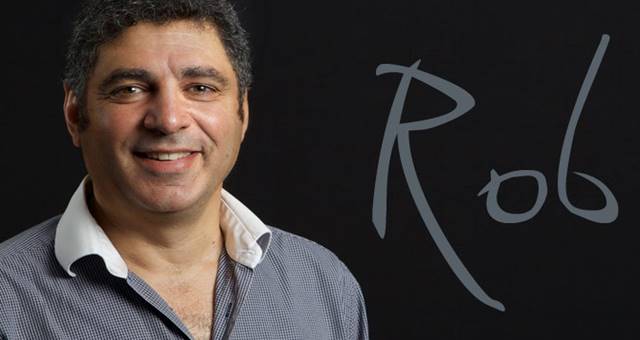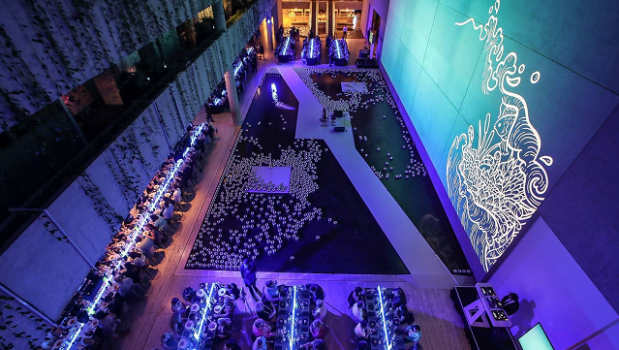Words by Luli Adeyemo
I had a shocking realisation recently, that many event planners are unintentionally saying to every fifth person they market to: “Don’t come to our event and learn more about us.”
Let me explain further, according to Australian Network On Disability, over 4 million people in Australia, or 1 in 5, have some form of disability.
Therefore, when digital assets such as websites, online registration, event apps and digital signage are not accessible, this inadvertently excludes the 1 in 5 people that have a disability.
In my experience, it can be difficult to find out who is responsible for digital accessibility in an organisation, so for me it’s all about empowering event planners to plan for and build digital accessibility into their events.
My previous opinion pieces emphasised how important it is to have a top-down approach in an organisation to make change happen and to make business events more inclusive and diverse.
But it’s time to include grass-roots stakeholders such as learners and teachers. In tandem, this bottom-up and top-down approach is a cohesive and powerful duo.
Grassroots education
I have reached out to several event educational bodies and volunteered my time to drive awareness on digital accessibility to event and marketing students.
I’m confident this will generate a large ripple effect making future events digitally accessible ‘the norm’ for people with a disability. After all, millennials are our digital natives.
Before I make my way into a college and share my story, it’s important I address concerns millennials have.
For example, according to the 2018 Deloitte Millennial Survey less than half of millennials believe business has a positive impact on society and millennials’ opinion of business motivation and ethics is at its lowest level in four years.
This is a double edge sword for the events industry, as millennials are also delegates and if their perception is that an organisation is not being ethical, inclusive or socially conscious, it could influence their decision to attend an event.
I’m looking forward to having a discussion with both learners and educators and I’m keen to understand if they see this as an important issue as part of the learning process. My aim is to make them aware of the potential power they have to make their future events digitally accessible from that all-important first click.
In the not too distant future, there will be a time when digital barriers will be eradicated from events, where registering for an online ticket will be easy for everyone, digital marketing material can be read by all and on-site apps will be clear and easy to use.
My message to all of you working in the field of event planning is: let’s not leave it up to the next generation to make every event inclusive and diverse, let’s start now.
Luli Adeyemo is director of Best Case Scenario Event Management, focused on making Australian events digitally accessible to people with a disability.



